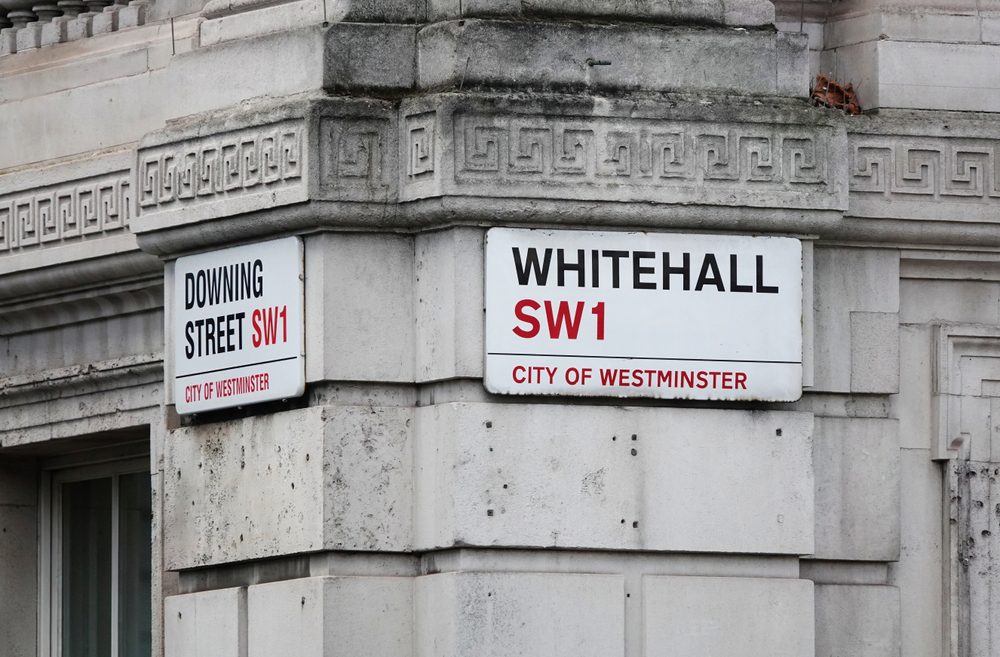When looking to go into British politics, one of the many requirements is to confirm that you subscribe to what are known as the “Nolan Principles”.
These seven principles include selflessness, integrity, objectivity, accountability, openness, honesty and leadership. They underscore the values that all public servants are expected to live by.
As all politicians are required to embody these principles, you would expect a high standard to be set; despite this many of the British people feel disconnected from those who are meant to serve them. The truth is that our politics has drifted too far from upholding these values in many regards.
The obvious precursor to these remarks is to acknowledge we are all human, and behind every politician who is being scrutinised is an individual just like everybody else. This is to say people make mistakes, including public servants, and it would be disingenuous to imply otherwise. The problem has never been that the public expect a perfect standard from politicians, the problem has been how our politics deals with making mistakes.
Communication between our politicians and the public has become all too robotic. This has become especially prevalent for the government of the day – whether it be questions from the media, at the despatch box or other speeches by ministers, the formula is the same: stick to the script and pivot to talk about what you actually want to talk about when asked about something you don’t want to face.
To me, this is not what public service is about. The public know that the picture is not going to be rosy all of the time, that would be an unrealistic expectation.
What isn’t an unrealistic expectation is for our politics to be upfront about the issue and what the solution is going forward, not making it out as if everything is going well or deflecting to another policy area where the picture is actually improving.
When trying to think as to why this is actually an issue, all I could offer was a polarising perspective. The upholding of democracy is an absolute necessity for our nation and has been a value we have been proud to lead the world in – however it would appear that it has come at an expense in regard to transparent communication.
As we rightly reinforce the principle of democracy by having frequent elections, our politics has become obsessed with the importance of popularity at all times, even when the picture looks bleak.
I’m not at all positing that frequent elections should be taken away from the British people, or that democracy is somehow to blame for the state of politics as of present, but it would be naïve to overlook that it is where the issue finds its source.
The issue is it is not in the interests of politicians to paint the picture exactly how it is, even at times when it is of their own doing. When looking back at those seven Nolan Principles, many of them are not compatible with a politics that only cares about image – Openness, accountability, honesty and objectivity all lie within this remit.
An obvious counter- argument to this is that this is no excuse to disregard the principles they have sworn by – and that the public will not punish public servants for being frank with them. The problem here is that this is an unrealistic theology which doesn’t translate into practice. If people are frustrated with the lack of progress they have every right to address that at the ballot box, and they usually do.
This creates a situation where the politicians are scared to be blunt and honest out of fear of losing their office. The case must be made that the strongest politicians disregard this fear and carry on their duty regardless.
I do find their to be truth in the fact that the best parliamentarians of today do communicate with the general public in a way that is grounded and more genuine, as this tends to cut through the noise of the robotic majority. Wes Streeting, no matter what you think of his politics, is an example of someone who does this effectively.
He is a clear example that more parliamentarians do need to ground with the electorate a lot more than they currently do so, and understand that it is what people want, and should expect, from public servants.
The British people are frustrated about a multitude of issues, and they deserve their politicians to be in touch with these frustrations. The only way for this to happen is to cut through the noise and communicate in a more genuine manner.
Featured image via Nigel J. Harris / Shutterstock.


